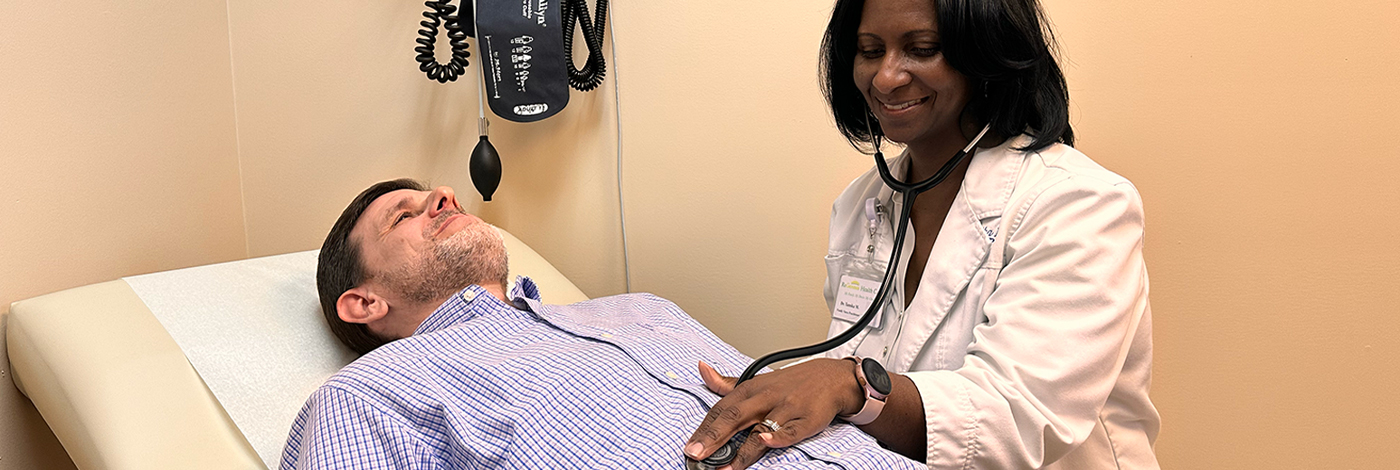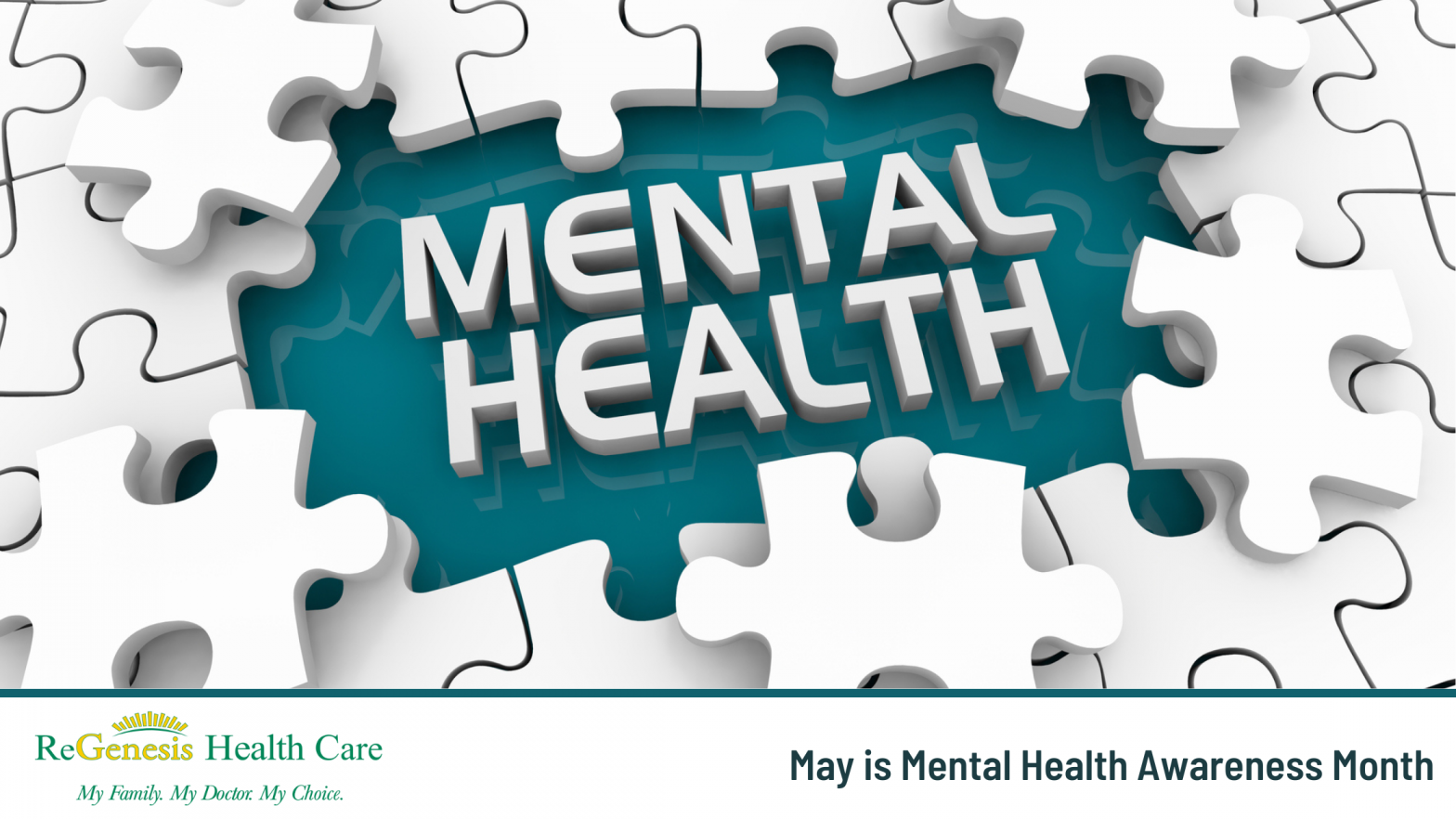May marks Mental Health Awareness Month, a time dedicated to breaking down the stigmas, fostering conversations, and promoting understanding around mental health. With the increasing complexities of the world today, understanding and addressing mental health issues has never been more critical. This blog aims to highlight the importance of acknowledging mental health in our daily lives, advocate for open discussions, champion support for those coping with mental health challenges, and underscore the significance of self-care and professional help.
Understanding and Recognizing Mental Health
Mental health encompasses our emotional, psychological, and social well-being, affecting how we think, feel, and act. It’s essential at every stage of life, from childhood through adulthood. However, the stigma attached to mental health issues often prevents individuals from seeking the help they need. Recognizing the signs of mental health problems in ourselves and others is the first step towards fostering a supportive environment where open discussions are encouraged, and seeking help is normalized.
The Power of Conversation
One of the most potent tools we have in combating mental health stigma is conversation. By talking openly about mental health, sharing experiences, and expressing support, we can create a community of understanding and empathy. Encouraging conversations about mental health challenges demystifies them, making it easier for individuals to reach out for the help they need without fear of judgment.
Supporting Those in Need
Support can take many forms, from listening to a friend talk about their struggles to guiding someone towards professional help. It’s vital to remember that mental health issues are complex and unique to each individual. Offering a safe, non-judgmental space for individuals to express themselves can make a significant difference in their healing process.
The Importance of Self-Care and Professional Help
Taking care of our mental health is as crucial as maintaining our physical health. Simple self-care practices, such as regular exercise, adequate sleep, healthy eating, connecting with others, and practicing mindfulness, can greatly improve our overall mental well-being. However, there are times when professional help is needed. Behavioral health services, including counseling, crisis intervention, and psychiatric medication management, are invaluable resources for those requiring additional support.
5 Things to Help Improve Your Mental Health:
- Stay Connected: Engage with family, friends, or communities who provide emotional support.
- Be Active: Regular physical activity can elevate mood and reduce anxiety.
- Learn New Skills: Take on a new hobby or learn something new to boost self-confidence and mental resilience.
- Give to Others: Acts of kindness can create positive feelings and a sense of reward.
- Ask for Help: Recognize when you need support and don’t hesitate to seek professional help.
Take Action Today
Mental Health Awareness Month serves as a reminder of the importance of mindfully caring for ourselves and others. If you or someone you know is struggling, remember, help is available. Behavioral health services start with a referral from your primary care provider or school guidance counselor. Our services, including counseling, medication-assisted treatment, and group services, cater to a wide range of needs, ensuring that everyone has access to the support they require.
Contact us today at (864) 582-2411 to schedule an appointment. Together, we can create a world where mental health is openly discussed and adequately supported, fostering a healthier, more compassionate society.



